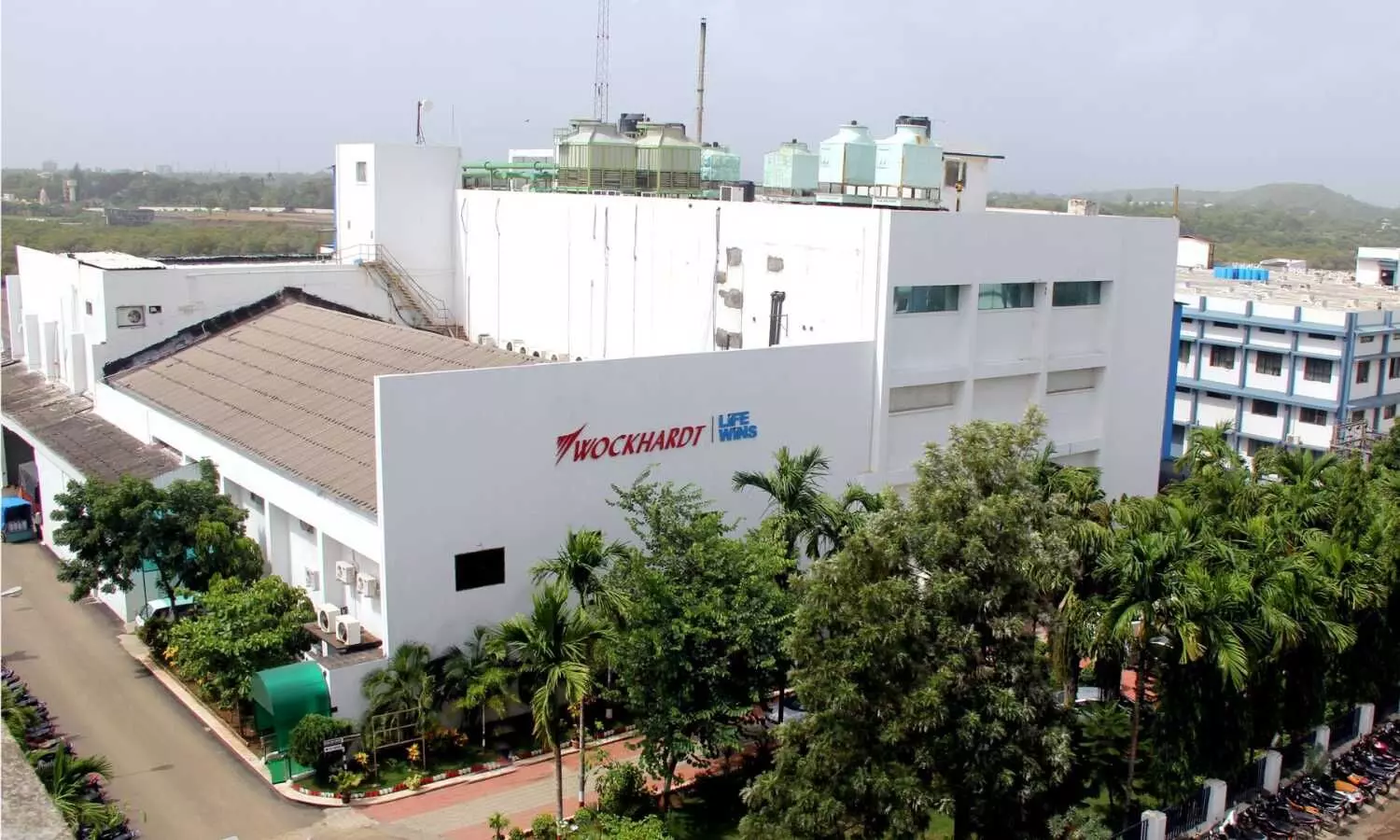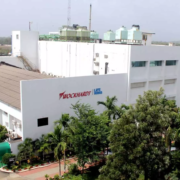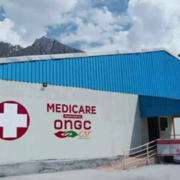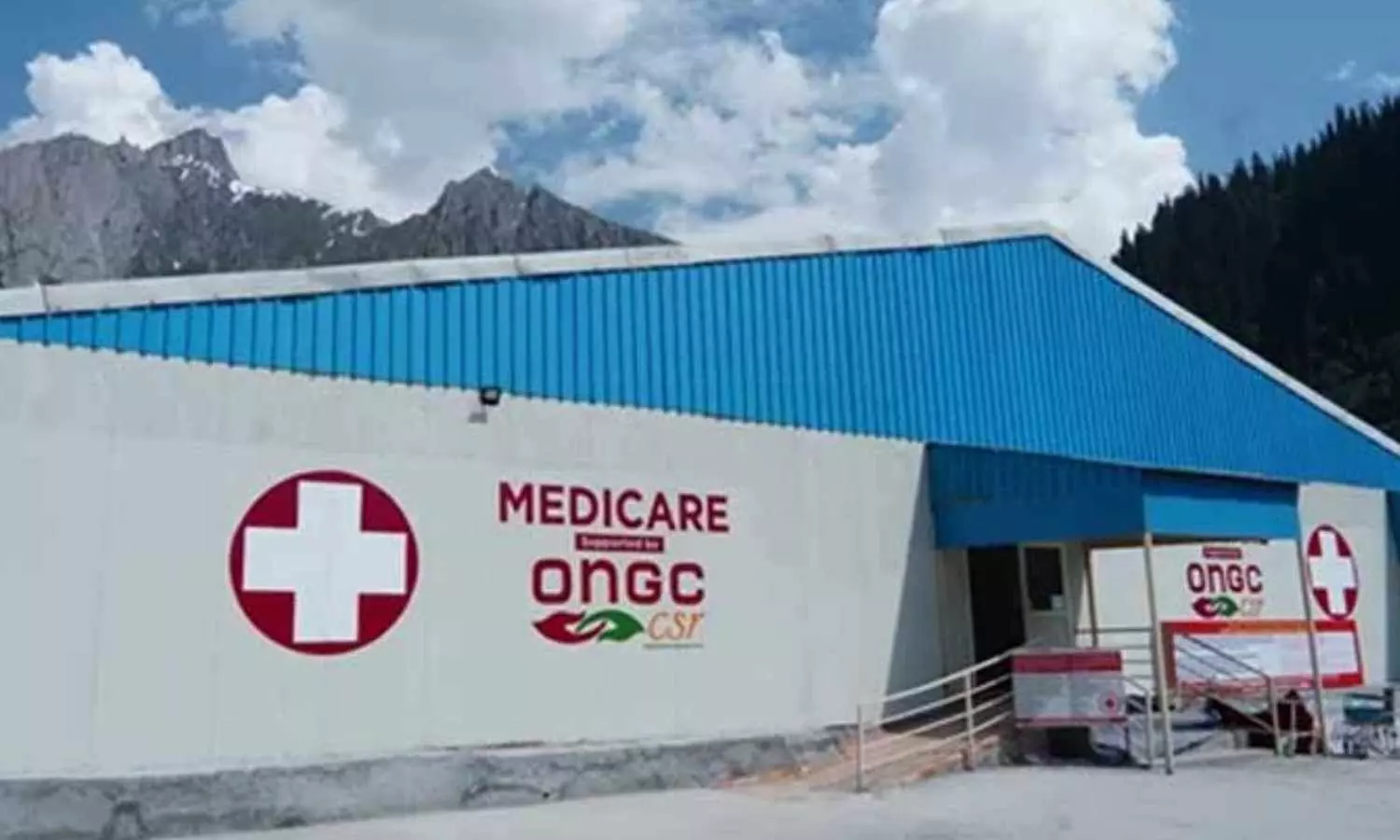New Delhi: In a move aimed to bolster healthcare infrastructure in Jammu and Kashmir, Oil and Natural Gas Corporation (ONGC) has constructed permanent 100-bed hospitals at Baltal in Ganderbal district and Chandanwari in Anantnag district.
Oil and Natural Gas Corporation (ONGC) has partnered with the Department of Health and Medical Education, Government of Jammu and Kashmir.
As part of its Corporate Social Responsibility (CSR) initiative, ONGC has constructed permanent hospitals in Baltal, Ganderbal district, and Chandanwari, Anantnag district. Each hospital is equipped with 100 beds, lodging facilities for medical staff, and intensive care units, functioning as Primary Health Centres to provide essential medical services to local communities, according to a statement issued by the central government undertaking.
In addition to enhancing local healthcare infrastructure, these hospitals will also cater to pilgrims during the Amarnath Yatra. This move replaces temporary medical facilities, addressing recurring costs and logistical challenges annually.
The PSU said that the initiative highlights its commitment to sustainable development and improved public health services, representing a significant step towards better healthcare accessibility and continuous medical support for local populations.
Upon completion, the J&K Health Department will manage the operation and maintenance of these hospitals, ensuring lasting benefits for both pilgrims and residents.
CSR projects are voluntary contributions made by companies for the betterment of society. Under this, the companies integrate social and other useful concerns in their business operations for the betterment of their stakeholders and society in general, news agency ANI reported.
However, section 135 of the Companies Act, 2013 mandates that companies that have either a net worth of more than Rs.500 crore, a turnover of more than Rs.1000 crore or a net profit of more than Rs.5 crore should contribute through the CSR.
The company fulfilling the above criteria should spend at least 2 per cent of its average net profits made during the immediately preceding three financial years.




